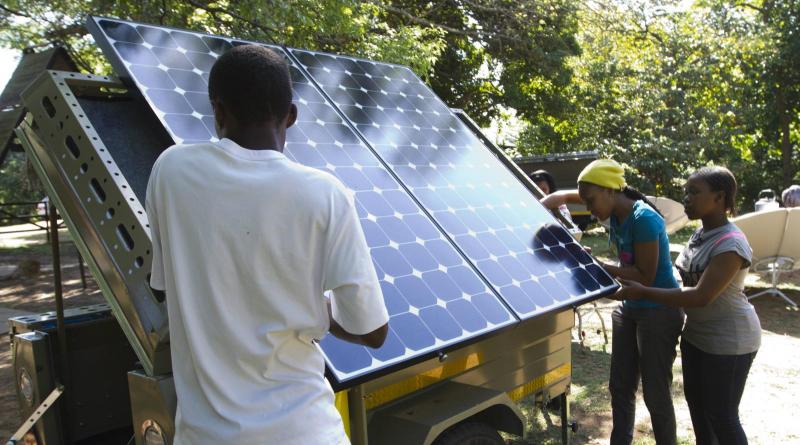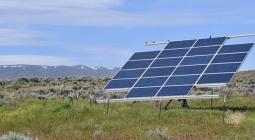Off-grid renewable energy is helping tackle two of Africa’s biggest problems.

The rise of decentralized renewable energy as a solution to electrification rates across Africa—the slowest growing globally—is also bringing with it a solution to high unemployment.
As startups in the space continue to prove the viability of their services as alternatives to traditional power grids, they’re starting to create direct jobs at a scale that’s already comparable to local utilities.
A “job census” report of the renewable energy sector shows the sector’s workforce—in terms of direct, formal jobs—is already comparable to traditional power grids and utilities in Nigeria and Kenya (the report’s analysis also included India and reflected similar impact). The report by Power for All, a non-governmental organization focused on promoting renewable energy, categorizes pico-solar appliances, solar home systems and mini-grids as well as standalone and grid-tied commercial and industrial systems as part of the renewable energy sector in its analysis.
In Nigeria and Kenya the impact of renewable energy jobs is also significant and still growing. Renewable energy companies in Kenya account for 10,000 jobs—only 1,000 fewer than the national utility, while in Nigeria the sector employs 4,000 in formal jobs compared to 10,000 employed across the country’s traditional energy sectors.
Much of the sector’s growth has been fueled by a growing crop of companies looking to resolve unreliable power supply through renewable energy led by solar power PayGo products, which allow consumers to pay with mobile money. As these solutions show promise, the companies are backed by millions of dollars in venture capital: offgrid tech was the third highest funded startup sector in Africa last year, according to analysis by Partech Ventures.
As market adoption and investment-fueled expansion is expected to continue to grow, so will the sector’s job creation impact: renewable energy jobs are projected to grow by 70% in Kenya and over 100% in Nigeria over the next four years. The impact is also much wider once you factor in both informal jobs in the sector as well as jobs created thanks to improved electricity supply and access.
The projected pace of job creation is crucial. In Nigeria, Africa’s largest economy, unemployment has kept rising over the past four years. In the same vein, similar job creation impact by the sector across the continent will be vital given that Africa is home to world’s fastest growing labour force.
Within the renewable energy sector itself, pico-solar appliance and solar home system companies are the biggest job creators currently. But that’s expected to change overtime as more countries are expected to adopt mini-grid solutions which, analysts say, are likely to deliver faster electrification progress especially as large-scale solar power projects are likely to be hobbled by bureaucracy. In Kenya, for instance, mini-grids are projected to account for 29% of direct, formal jobs in the sector, up from 3% currently.
July 2019
QUARTZ AFRICA




